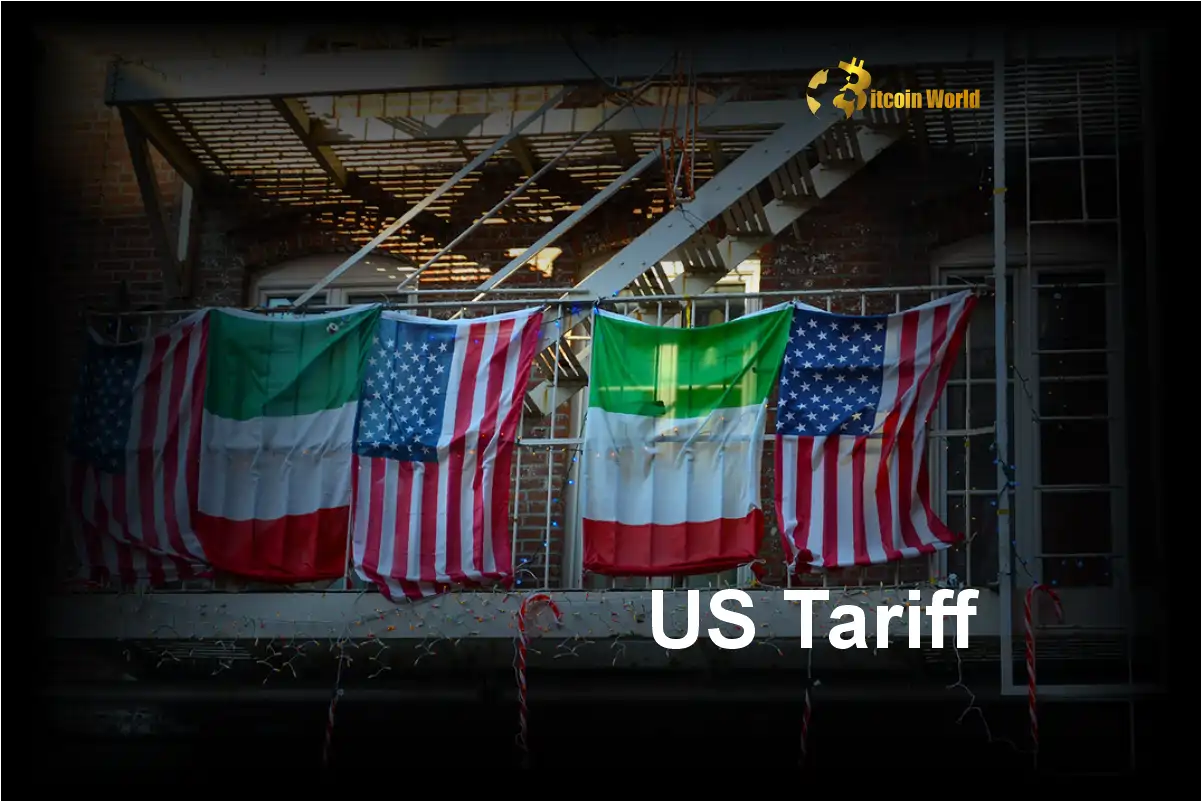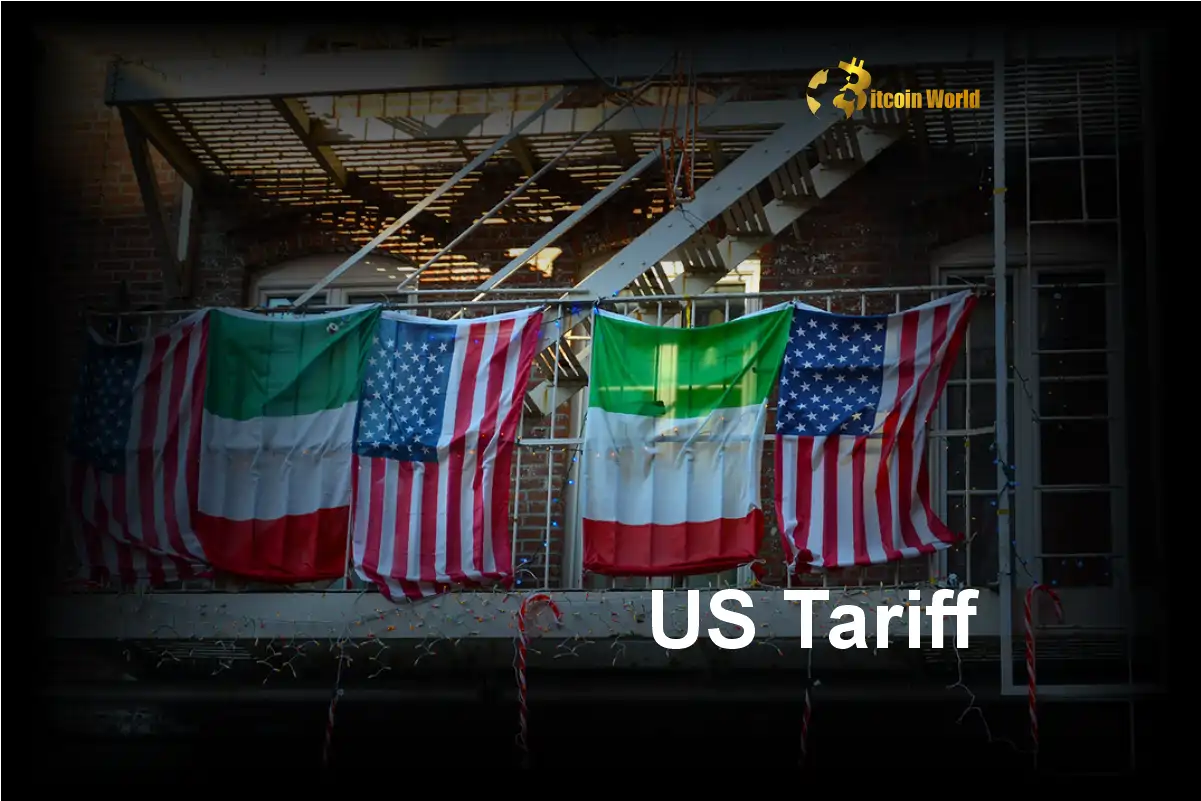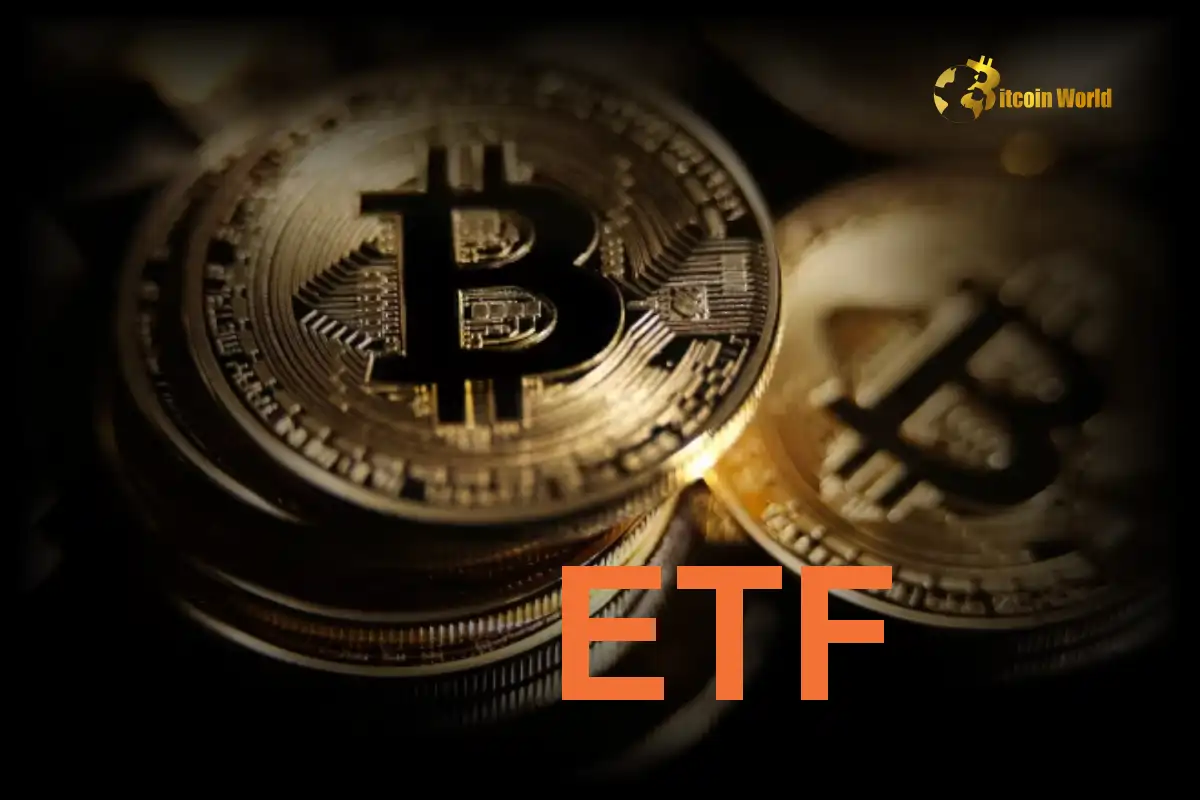In the fast-paced world of cryptocurrency, staying ahead means understanding not just blockchain trends, but also the broader economic currents that can influence market sentiment. Today, we delve into a significant shift in the economic outlook from a major European economy, Italy, and how global trade headwinds, particularly US tariffs, are casting a shadow. For crypto investors, these macro-economic shifts are crucial indicators of potential market volatility and investment strategy adjustments. Let’s break down what’s happening in Italy and why it matters to your crypto portfolio.
Why is Italy’s Business Lobby Concerned About Economic Growth?
Confindustria, Italy’s influential business lobby, has recently revised its projections for the nation’s economic growth downwards. This isn’t just a minor adjustment; it signals a growing unease within Italy’s business community about the future. Several factors are contributing to this revised economic outlook, but one looms particularly large: escalating trade tensions, especially those involving US tariffs.
Here’s a snapshot of the key concerns:
- Global Trade Slowdown: The world economy is facing a synchronized slowdown, and Italy, heavily reliant on exports, is feeling the pinch. Reduced global demand means fewer opportunities for Italian businesses to sell their goods and services abroad.
- US Tariff Threats: The United States, a major trading partner for Italy and the EU, has been increasingly assertive in its trade policies, threatening and imposing tariffs on goods from various nations. This creates uncertainty and raises costs for businesses.
- Domestic Challenges: Italy itself faces internal economic challenges, including high public debt and structural issues that hinder rapid growth. Global headwinds exacerbate these existing vulnerabilities.
- Geopolitical Uncertainty: Beyond trade, broader geopolitical instability adds to the nervousness. Events around the world can impact investor confidence and economic stability.
For cryptocurrency enthusiasts, this scenario highlights the interconnectedness of the global financial system. When traditional economies face headwinds, investors often look for alternative assets, and cryptocurrencies can be part of that equation. But it also means increased volatility across all markets, including crypto.
The Specter of US Tariffs: How Do They Impact Italy?
US tariffs, imposed or threatened, are a major source of anxiety for Italy’s business lobby. Why? Because tariffs are essentially taxes on imported goods. When the US, a massive consumer market, imposes tariffs, it can have several detrimental effects:
Direct Impact on Italian Exports:
| Impact | Description |
|---|---|
| Increased Costs | Italian goods become more expensive in the US market due to tariffs, making them less competitive compared to domestic products or goods from countries without tariffs. |
| Reduced Demand | Higher prices can lead to a decrease in demand for Italian exports in the US, impacting Italian businesses’ revenue and profitability. |
| Supply Chain Disruption | Tariffs can disrupt complex international supply chains, affecting businesses that rely on importing components or materials, even if their final product isn’t directly tariffed. |
Indirect Ripple Effects:
- Uncertainty and Investment: The threat of tariffs creates a climate of uncertainty. Businesses are hesitant to invest and expand when they don’t know what future trade rules will be. This dampens overall economic growth.
- Retaliation and Trade Wars: Tariffs can provoke retaliatory measures from other countries, leading to broader trade wars. This escalates costs and uncertainty for everyone involved.
- Global Economic Slowdown: As major economies engage in trade disputes, the entire global economy can suffer. Reduced trade and investment drag down growth worldwide.
For crypto investors, trade tensions and tariff wars can trigger market volatility. Uncertainty in traditional markets might drive some investors towards cryptocurrencies as a hedge, while others might become risk-averse and pull back from all investments, including crypto. Understanding these dynamics is crucial for navigating the crypto market effectively.
Global Trade Tensions: A Looming Cloud Over the Economic Outlook
The concerns of Italy’s business lobby are not isolated. Global trade tensions are a pervasive issue affecting economies worldwide. The rise of protectionist policies, trade disputes between major powers, and disruptions to established trade agreements are creating a less predictable and more challenging environment for international commerce.
Key Aspects of Global Trade Tensions:
- US-China Trade War: The protracted trade dispute between the United States and China has had significant repercussions for global trade flows, supply chains, and investor sentiment.
- Brexit and Trade Uncertainty: The UK’s departure from the European Union has created new trade barriers and uncertainties for businesses operating in Europe and beyond.
- Rise of Protectionism: A general trend towards protectionist policies in various countries, driven by nationalistic sentiments and economic anxieties, is undermining the principles of free trade.
- Supply Chain Vulnerabilities: The COVID-19 pandemic exposed vulnerabilities in global supply chains, leading to calls for greater regionalization or reshoring of production, which could reshape global trade patterns.
These global trade tensions contribute to a less optimistic economic outlook. For cryptocurrency markets, this translates to:
- Increased Volatility: Trade tensions can trigger sharp swings in traditional financial markets, and these fluctuations often spill over into the crypto space.
- Safe Haven Appeal: In times of economic uncertainty, some investors may view cryptocurrencies like Bitcoin as a ‘digital gold’ or safe haven asset, potentially increasing demand.
- Regulatory Scrutiny: Economic instability can sometimes lead to increased regulatory scrutiny of alternative financial systems, including cryptocurrencies.
Navigating the Economic Uncertainty: What Does This Mean for Crypto?
So, Italy’s business lobby is worried, US tariffs are a concern, and global trade tensions are on the rise. What does all of this mean for the cryptocurrency world? Here are some actionable insights:
Potential Opportunities for Crypto:
- Hedge Against Inflation: In an environment of economic uncertainty and potential currency devaluation, cryptocurrencies with limited supply, like Bitcoin, can be seen as a hedge against inflation.
- Diversification: Cryptocurrencies offer portfolio diversification away from traditional assets that might be directly impacted by trade wars or economic downturns.
- Decentralized Finance (DeFi): DeFi platforms offer alternatives to traditional financial systems, which could become more attractive if traditional systems face increased stress.
Challenges and Risks:
- Volatility Amplification: Economic uncertainty can amplify volatility in crypto markets. Be prepared for potentially sharp price swings.
- Regulatory Risks: Governments might react to economic instability with stricter regulations on cryptocurrencies, both positively and negatively.
- Correlation with Traditional Markets: While cryptocurrencies were once seen as entirely uncorrelated, they have shown increasing correlation with traditional markets during periods of economic stress.
Actionable Steps for Crypto Investors:
- Stay Informed: Keep a close watch on global economic news, trade developments, and central bank policies. These macro factors can significantly impact crypto markets.
- Manage Risk: Diversify your crypto portfolio and use risk management tools like stop-loss orders to protect your investments during volatile periods.
- Long-Term Perspective: Remember that cryptocurrency is still a relatively new asset class. Focus on the long-term potential and avoid making impulsive decisions based on short-term market fluctuations.
Conclusion: Staying Ahead in a Turbulent Economic Landscape
Italy’s revised economic outlook, driven by concerns over US tariffs and broader global trade tensions, serves as a stark reminder of the interconnectedness of the global economy and its potential impact on all asset classes, including cryptocurrencies. While economic uncertainty presents challenges, it also creates opportunities. By staying informed, understanding the macro-economic landscape, and managing risk effectively, crypto investors can navigate these turbulent times and potentially position themselves for long-term success in the evolving digital asset space.
To learn more about the latest Forex market trends, explore our article on key developments shaping US Dollar liquidity.






